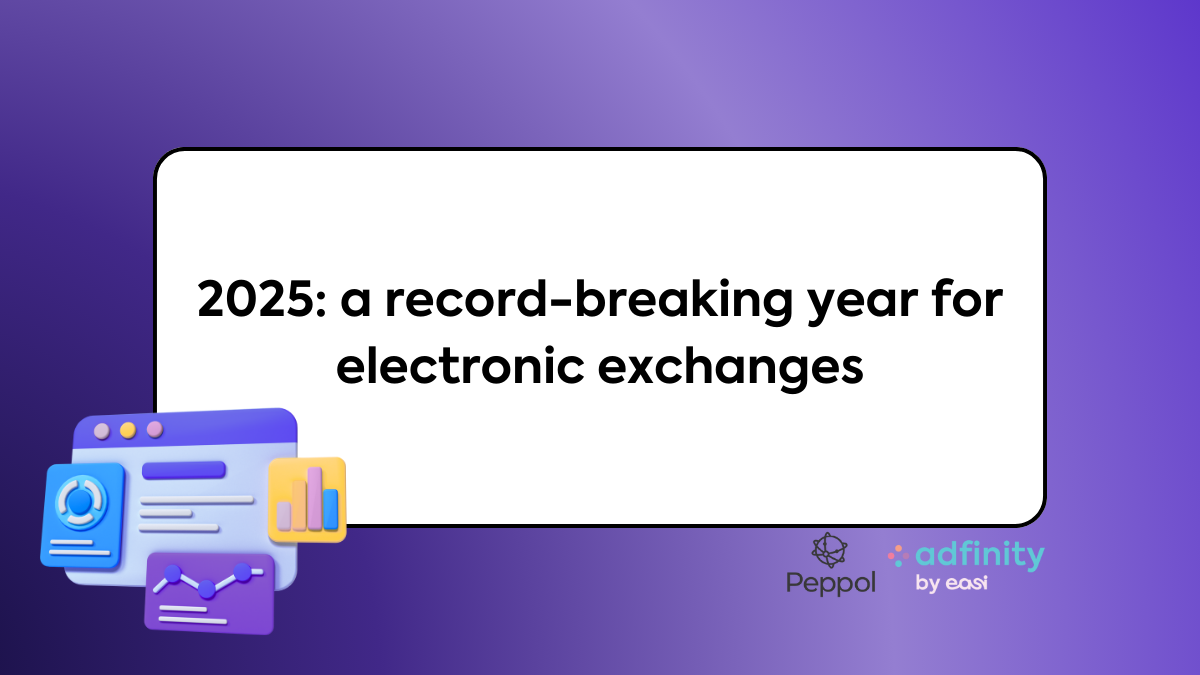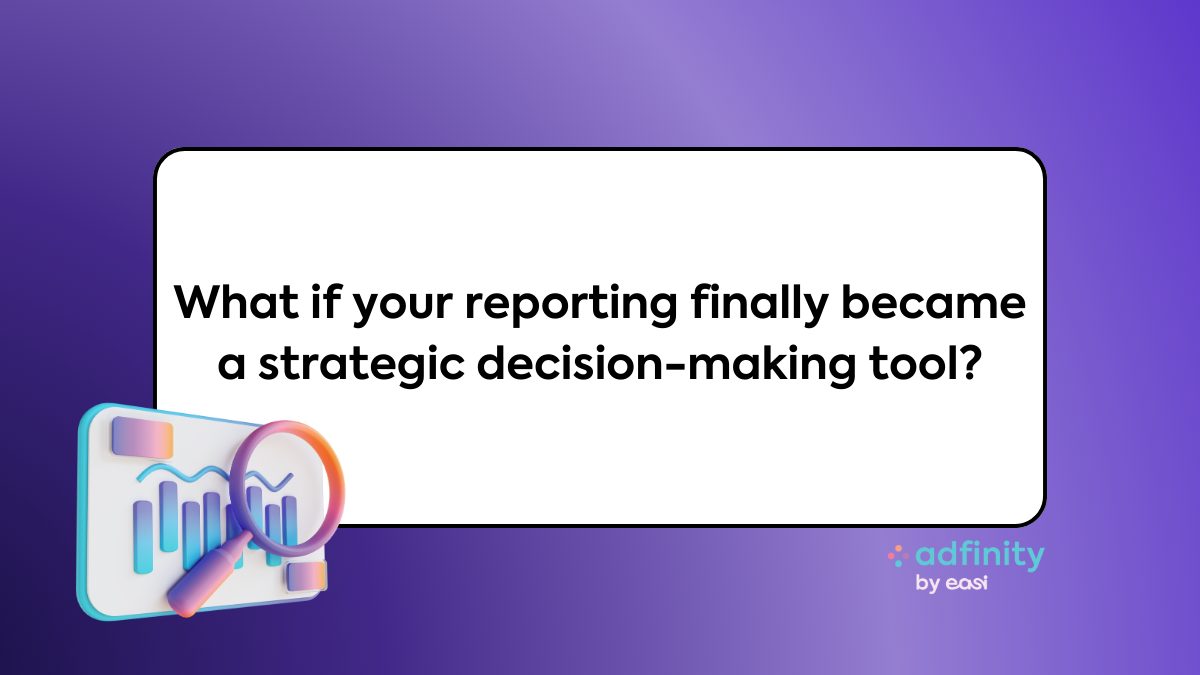If you are active in Real Estate, I’m not learning you anything new when I say that careful planning and a detailed budget are important if you want to be successful. Managing a real estate business is complex, and its success depends on different factors. In this article I want to give you a few budgeting tips to help you streamline your financial operations.
After all, a property budget is there to ensure that you spend money wisely, and that your business performs as expected year after year.
What’s a property management budget?
To put it simply, it’s a breakdown of the building’s income and expenses for a fiscal year. It’s used to track a property’s finances and plan future spending. In other words, it’s a guide of your building’s financial performance moving forward.
Why is it important?
Establishing a sound budget will allow you to oversee your finances, predict properties changing budgetary needs, track their performance and adapt to new challenges.
Ultimately, understanding how to budget correctly will improve your ability to reduce waste, seize opportunities to increase income, and forecast in changing environments.
Drafting a property budget is the perfect way to set yourself up for success. Without it, you won’t know if you’ll meet expectations or underperform. Your operating budget, is there to let you know where you stand, so you can prevent problems before they arise.
5 tips for an optimal budget planning
-
Plan ahead
Budgeting for property management is a year-round process. Choosing a project for next year or calculating expenses always takes longer than intended. To help you, you should design a plan with specified internal deadlines to assist you.
-
Prepare for the (nearly) unforeseeable
Equipment breakdowns are an unwelcome—but unavoidable—surprise that necessitates quick budget modifications. To keep your annual budget afloat, analyze work order trends in equipment repairs on a regular basis and stay ahead of asset problems. For instance, how many elevator entrapment did you have last year, and how much did it cost to repair them? This will help you estimate the life expectancy of important equipment, including replacement costs, into your property management budgeting.
-
Make use of the appropriate tools
Although property management budget templates are available, you can also rely on appropriate software to assist you in compiling data and presenting it in clear, visual formats that will help you make smart budget decisions.
-
Remember both one-time and continuing costs
Ongoing costs include charges such as property inspections and upkeep on a regular basis. Making a property suitable again after a tenant leaves out or repairs are examples of one-time charges.
-
Make a future-proof plan
You should plan for more than a year in your budget. Take into account future projects that existing reserves will not be able to pay for. Take a closer look at yearly spending while writing your budget, and set goals and restrictions to make room for future projects you wish to achieve in the coming years.





